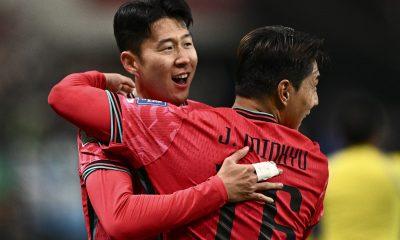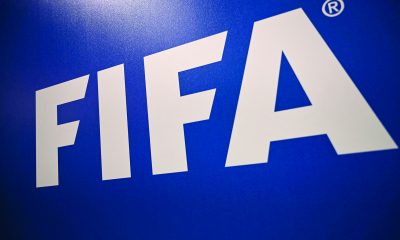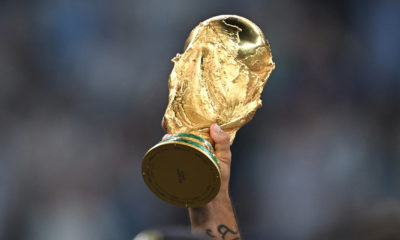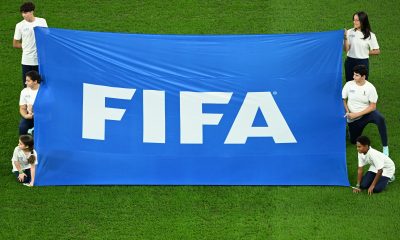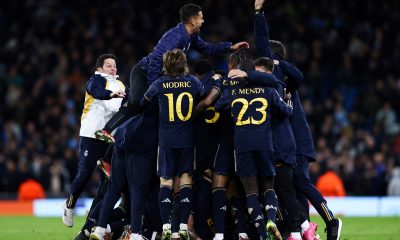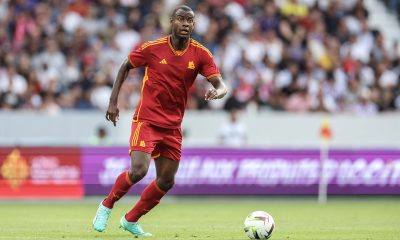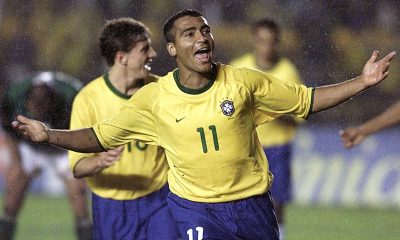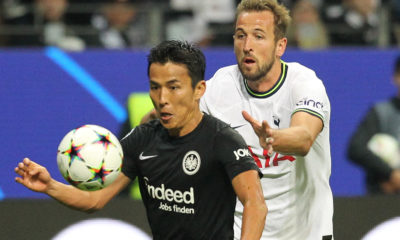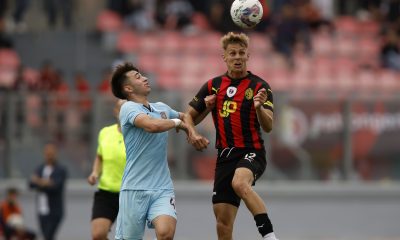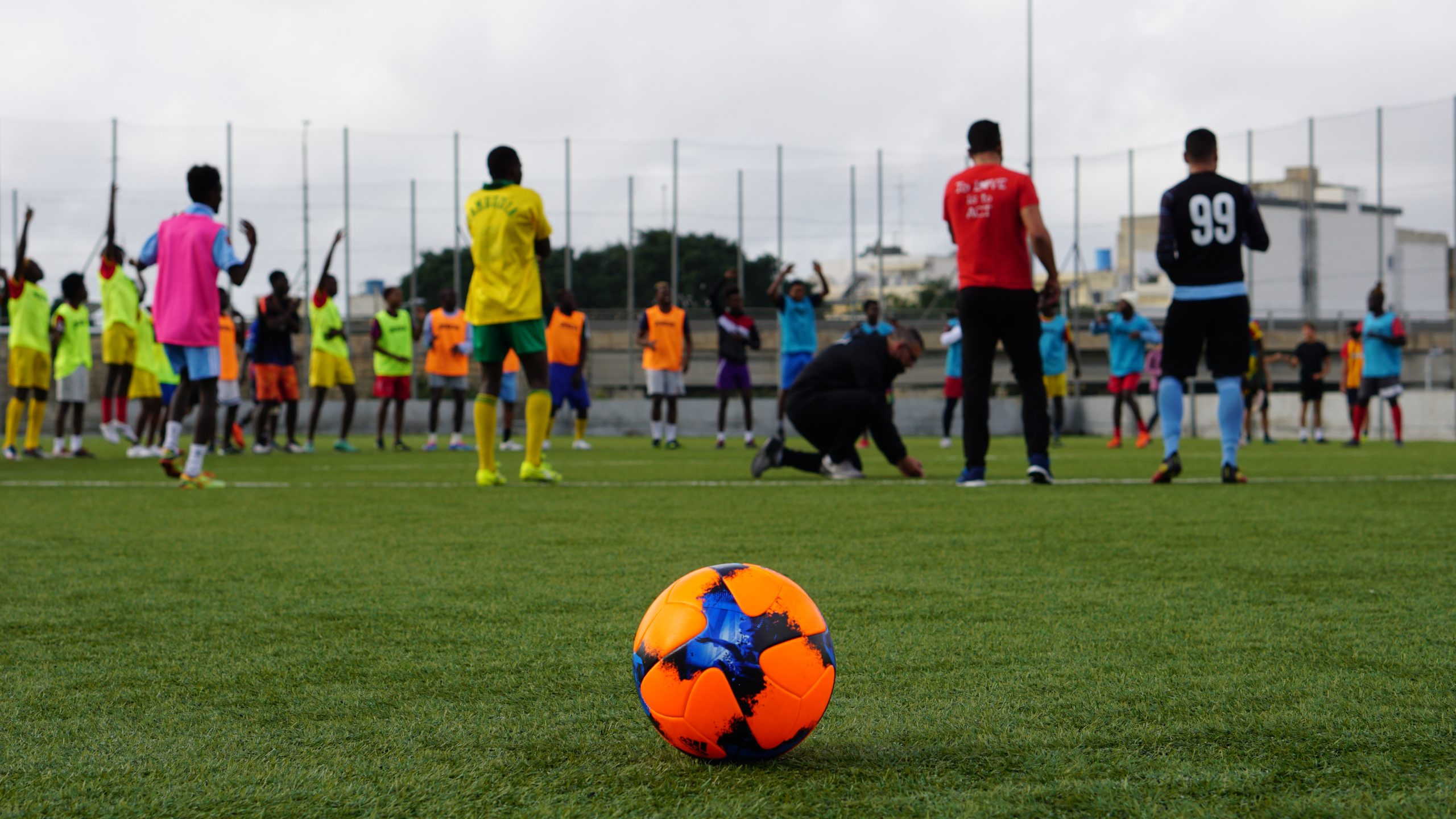
The Malta FA has again embarked on an ambitious project, named Live Football Play Football, aimed at promoting and facilitating the integration and social inclusion of refugees as well as Maltese nationals encountering difficulties to integrate in the community.
The project is under the responsibility of the Malta FA’s Football Social Responsibility Department (FSR) and is funded by the European Union as part of its programme to promote sport as a tool for integration and social inclusion.
Peter Busuttil, project co-ordinator, told The Sunday Times of Malta that this is the third year that the local governing body of football is engaged in a project that involves not only immigrants but also persons who live in the community that are vulnerable.
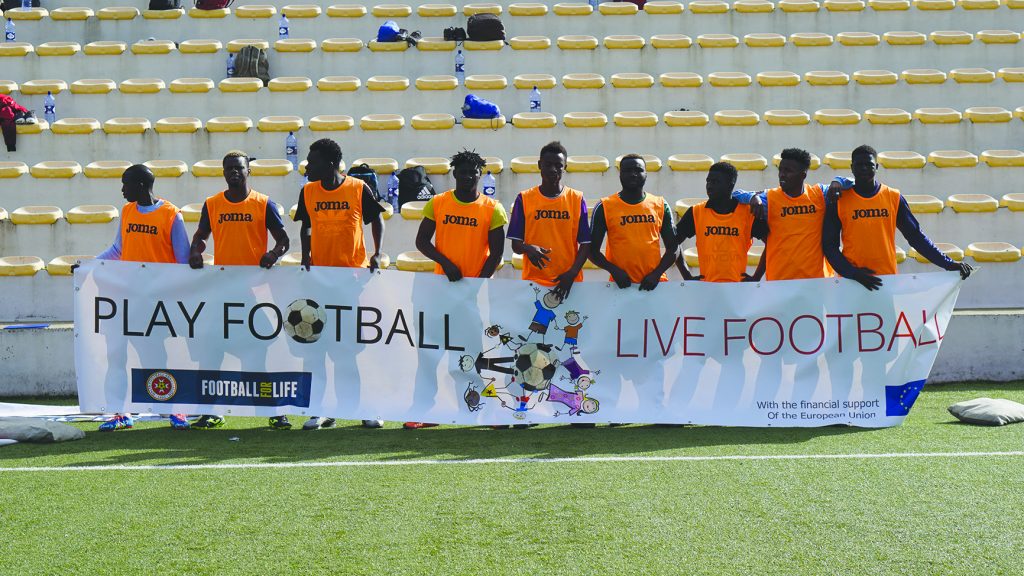
“In every community in Malta, one finds someone who is related to a football team in one form or another,” Busuttil said.
“There is either a member of the family who is involved with a team or forms part of a group that is associated with the game and this shows that football is the best inclusive medium and social network for people in the community.
“Our aim for the next two years is that we help refugees who live in different communities in various localities in Malta and Gozo to infiltrate in football clubs and start training with Maltese people and even foreign residents.
“Eventually, our plan is that next year we will form five amateur teams that will be financed by the project and will be able to take part in an amateur league such as the Swan League.”
The Football Social Responsibility Department is working with six clubs in Malta and Gozo, namely Żejtun Corinthians, Birżebbuġa St Peter’s, Sannat Lions, Fgura United, Rabat Ajax and Sirens.
“Our aim is to have more clubs involved in this project,” Busuttil said.
“Being included in this project, clubs are providing us with facilities, kits and technical staff, and that leaves them with some revenue too.”
Busuttil makes it clear that the Live Football Play Football Project does not only involve just playing the game.
“This project is aimed at helping the participants to experience football in all aspects,” he said.
“It’s not just about playing football but also giving opportunities to take jobs associated with football. We have people who are interested in documentation work and we provide them educational sessions on that. We also provide sessions on sports nutrition, cultural and educational networking. This is organized during training and is held in the opening 15 minutes of the session.
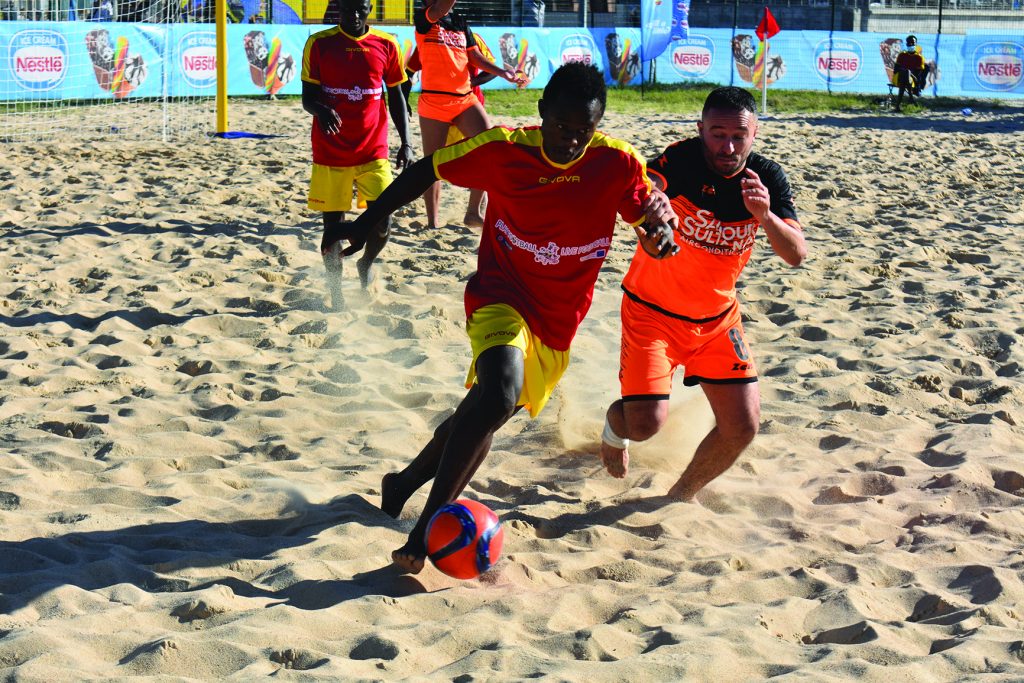
“Added to that we have also joined a number of student clubs at the university, such as medicine and Erasmus, who are helping us to co-ordinate this project. These clubs have integrated with them not only Maltese people but also foreigners who are either refugees or who are living and studying here and that has inevitably increased the spectrum of participants.”
As part of the project, the FSR also hosts a number of football festivals every two months.
“During these football festivals we invite everyone who wants to participate to form mixed gender teams and participate in this friendly tournament,” Busuttil said.
“During the event we also hold nutrition session, exercise as well as fun activities that involve all the family.”
Busuttil said that this project is one of three other projects being undertaken by the association in the next few months.
“We have other projects that we will be working on in the next few months, namely Playgreen, IFlipp, Skills for Sport and Pass,” Busuttil said.
“The concept behind Playgreen is to organize what we call them as ‘Green Days’ during which we go to a particular venue and carry out some work in it. For example, we have installed a turf pitch in the football ground of Ħal Far. We went also to Golden Bay and cleaned up the beach. Once we finished we organised a five-a-side mixed gender tournament.
“One team from this mixed-gender tournaments will then represent Malta in an international tournament in 2021.
The IFLIPP project, which is funded by the Erasmus Plus programme, is to increase and enhance leadership skills of women and ethnic minorities in football by creating and piloting a set of inclusive professional development training materials, transferable and adaptable for sport organisations.
On the other hand, through the Skills for Sport project, the FSR is seeking to help school leavers to find work in the football environment.
“Finally there is the PASS project which is aimed at creating 30 football inclusive hubs in Malta and Gozo that will act as social centres,” Busuttil concluded.

World Cup News
-
FIFA World Cup
/ 4 weeks agoSon scores but Thailand hold South Korea in World Cup qualifier
Son Heung-min scored but South Korea were held 1-1 at home by Thailand in...
By AFP -
FIFA World Cup
/ 1 month agoJapan-N. Korea World Cup game to stay in Pyongyang, JFA says
Japan’s World Cup qualifier against North Korea will be played in Pyongyang as planned...
By AFP -
FIFA World Cup
/ 1 month agoGerman ex-FA bosses on trial over World Cup tax evasion
Three German ex-top football officials went on trial on Monday in a 13.7-million-euro ($14.8...
By AFP -
FIFA World Cup
/ 2 months agoSaudi Arabia formally launches bid for 2034 World Cup
Saudi Arabia formally launched its bid to host the 2034 World Cup on Friday,...
By AFP

Winter Olympics
Watch: Geisenberger wins sixth Olympic medal to tie luge record

